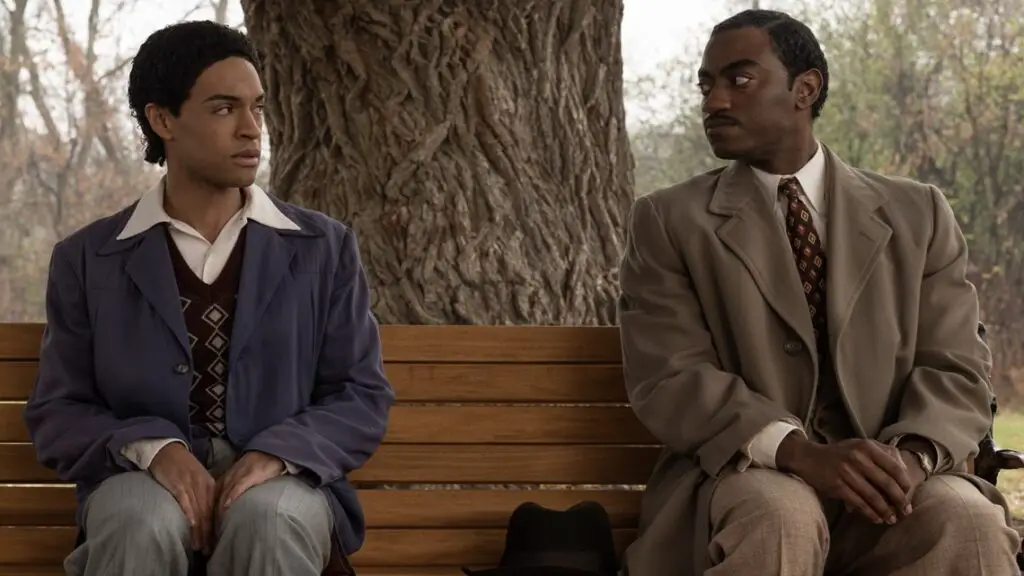“Fellow Travelers” is a groundbreaking work of queer historical fiction that delves into significant periods in LGBTQ+ history, including the Lavender Scare of the 1950s and the AIDS crisis of the 1980s. The series stars Jelani Alladin and Noah J. Ricketts, who portray Marcus Gaines and Frankie Hines, respectively. Their characters’ evolving relationship over four decades is central to the narrative, offering a nuanced and impactful portrayal of Black and queer characters.
Both Alladin and Ricketts have discussed the significance of their roles and the series itself. They emphasize its revolutionary nature in representing queer characters and history, especially from the perspective of Black queer men in America. The series explores their experiences, showcasing their struggles, love, and journey through different historical contexts.
Alladin and Ricketts had previously worked together in the Broadway production of “Frozen,” which helped form a strong bond between them. This chemistry was evident during their work on “Fellow Travelers,” enhancing their on-screen relationship. The series also addresses the intersection of Blackness and queerness, incorporating personal experiences of the actors into the characters for richer storytelling. Ricketts, in particular, praised the depiction of diverse experiences of Black gay men, highlighting the authenticity and self-love portrayed in the series.
A notable aspect of the series is its costume design, which successfully encapsulates four decades of fashion, adding depth to the characters’ portrayal and the series’ historical setting. The actors also noted the significance of working with a cast where everyone was deeply committed to the story and to each other, creating a sense of family on set.
In conclusion, “Fellow Travelers” stands out as a significant work in LGBTQ+ cinema, particularly for its in-depth exploration of Black queer experiences and its commitment to authentic storytelling. The chemistry between Alladin and Ricketts, both on and off-screen, contributes to the series’ impact, making it a notable addition to queer media.


